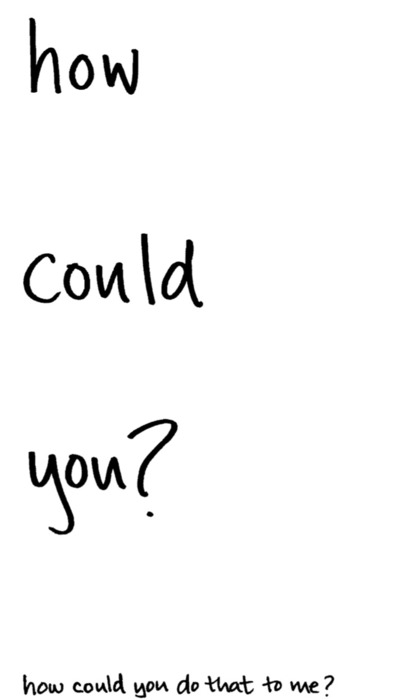Hurt People, Hurt People

We are living in a time of unprecedented division in our country. It is the best of times and the worst of times. Never in history – perhaps since the days of King Soloman – has it been this good for the Jewish people in respect to their ability to practice and observe Judaism without the fear of the leaders of a country or it’s citizens interfering.
Yet, the division is also unprecedented. After the elections, I received three emails within an hour, the first one thanking Gd for this pandemic, claiming that barring the pandemic the current president would have won, and was thanking me for helping the election results.
The second email was it’s polar opposite, frustrated with the fact that the election was being stolen.
The third one was downright racist and I won’t dignify it by even discussing anything more about it.
(I am not sure why I got the emails, since I am not that powerful, and I didn’t swing the vote one way or the other.)
Yet, it’s been on my mind wondering why is it that people are so incredibly divided. It isn’t only Jews, it is really all people. This country is split nearly down the middle? Ethnicities that were reliable votes in a certain direction are now split as well. Why?
I think the famous quote attributed to many, “Hurt People, Hurt People” is at play. The premise, if it isn’t obvious, is that a person who is hurt, perpetuates that hurt that they received by then going and hurting someone else. That person then perpetuates it by hurting the next person and thus, generations keep on getting hurt by people who were themselves hurt by others.
People on all sides have been so “hurt” by the other side that there is simply zero space for that other party. I’ve seen it in shul, sadly, and you’ve all seen it on the news and in your lives most likely. One fellow who I hadn’t seen in months, I’d assumed due to covid fears, reached out to me and said, “I can finally come back now that the elections are over.” I thought I misheard, and he was saying now that Covid is over… but upon my question, he confirmed that he in fact meant what he said.
He couldn’t fathom the thought that someone might havea different opinion than him in Shul?
Not that he is wrong, but we have to learn how to disagree without being disagreeable. The Lubavitcher Rebbe, my teacher and mentor excelled at this. He found ways to find common ground focusing on the areas of agreement.
In all the history of our people we have always been arguing. Gd and Abraham regarding the destruction of Sodom. Moses and God regarding the planned destruction of the Jewish people. Abaya and Rava, Rav and Shmuel, Rabbi Shimon and Rabbi Akiva and hundreds of others. They disagreed without hurting the other. They had different opinions, and they strongly disagreed yet they found a way to disagree and not be disagreeable.
The trick is to reverse the quote. Not, to be hurt and then still not hurt others, but to not be hurt in the first place. Find empathy and rachmanus for the other party. When someone says something disagreeable, let’s try to feel empathy for them and their opinions if we truly feel they are completely wrong. If I feel that they are not 100 percent wrong, I should seek to find the1 percent of common ground where we do agree. When in fact you are hurt, to choose to not perpetuate that hurt by hurting back or by hurting another.
The Rebbe taught that when you are hurting, the only way to heal that hurt is by channeling that negative energy into something positive. In memory of his father passing away, he established a study center for the elderly giving them a new lease on life. When his wife passed away he took the hurt and established an international birthday campaign. To commemorate death by celebrating the beginning of life.
It is counterintuitive but it is in fact the only thing that works. To turn hurt into healing. Pain into growth.
Hurt people, help people is the antidote.